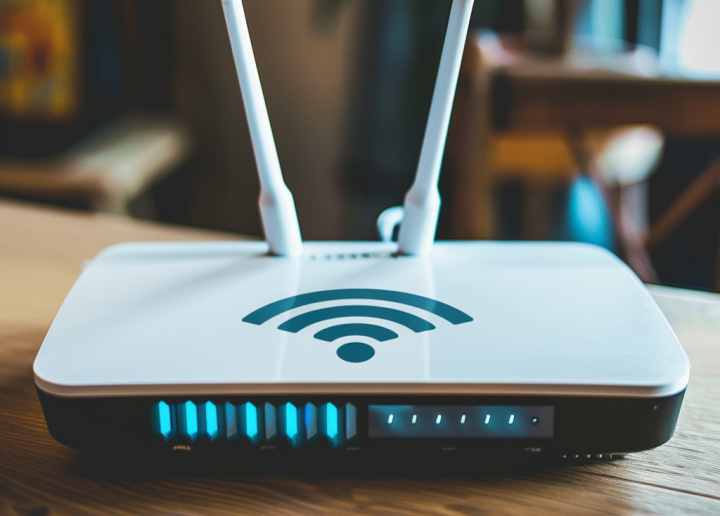Types of Internet Services
Internet providers offer various types of connections, each with its own advantages and limitations:
- DSL (Digital Subscriber Line): Uses existing telephone lines to deliver internet service. It is widely available and often more affordable, but speeds can vary depending on the distance from the provider’s central office.
- Cable Internet: Uses the same coaxial cables as cable television. It offers faster speeds than DSL and is widely available, but speeds can slow down during peak usage times.
- Fiber Optic Internet: Utilizes fiber optic cables to provide extremely high-speed internet. It offers the fastest and most reliable connection, but availability is limited to certain areas.
- Satellite Internet: Delivers internet service via satellites. It is available in remote and rural areas where other types of internet are not, but it can be more expensive and susceptible to weather interference.
- Fixed Wireless Internet: Uses radio signals transmitted by a tower to provide internet access. It is an option for rural areas, but speeds and reliability can be affected by distance and obstacles between the tower and the receiver.
- 5G Home Internet: Uses 5G cellular networks to provide high-speed internet. It offers fast speeds and is becoming more widely available, but coverage is still expanding.
Key Factors to Consider
When choosing an internet provider, consider the following factors to ensure you select the best service for your needs:
- Speed: Determine the speed you need based on your internet usage. Activities like streaming, gaming, and video conferencing require higher speeds.
- Availability: Check which providers and types of internet services are available in your area.
- Reliability: Look for providers with a reputation for reliable service and minimal downtime.
- Cost: Compare the prices of different providers and consider any additional fees for equipment, installation, or data overages.
- Data Caps: Be aware of any data limits or caps that could affect your usage, especially if you are a heavy internet user.
- Customer Service: Research the provider’s customer service reputation and support options.
- Contract Terms: Review the terms of service, including contract length, cancellation fees, and any promotional rates that may change after an introductory period.
Tips for Selecting the Best Internet Provider
- Assess Your Needs: Determine your internet usage needs, including the number of users and devices, and the types of activities you engage in online.
- Read Reviews: Look for customer reviews and ratings to gauge the satisfaction of current users with the provider’s service and support.
- Ask for Recommendations: Seek recommendations from friends, family, or neighbors who live in your area.
- Check for Bundles: Some providers offer bundle deals with other services like TV and phone, which can be cost-effective.
- Test Speed Options: If possible, test different speed options to find the best balance between speed and cost.
- Consider Future Needs: Think about your future internet needs, such as potential remote work or additional devices, to ensure the provider can accommodate growth.
Conclusion
Choosing the right internet provider involves considering various factors, including speed, availability, reliability, cost, and customer service. By understanding the different types of internet services and evaluating your specific needs, you can select the best provider to ensure a fast and reliable internet connection. Always read the fine print and understand the terms of service to avoid any surprises.
